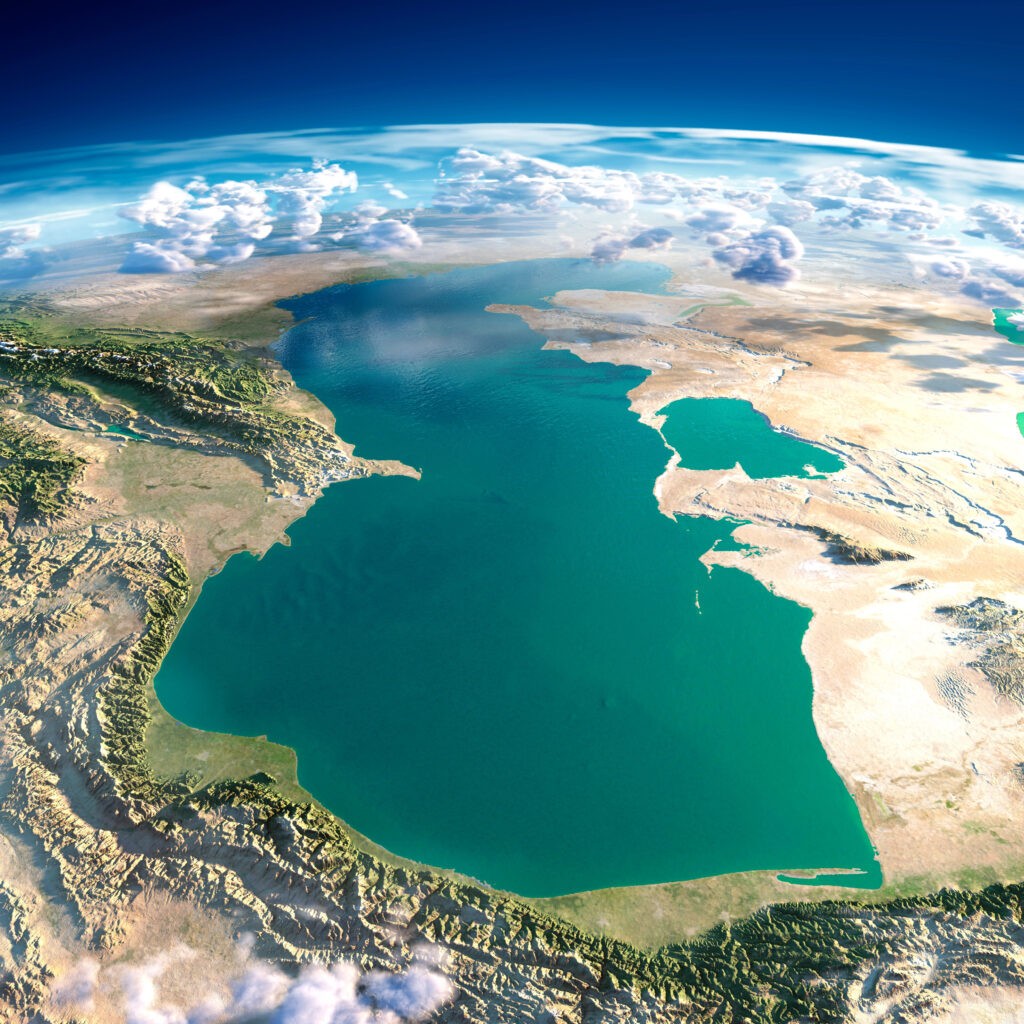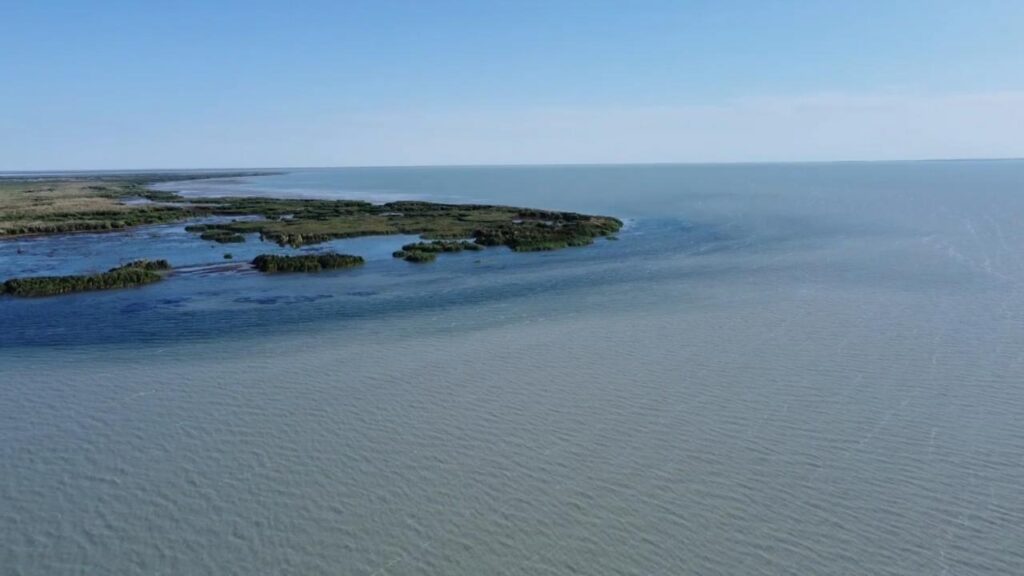The Environmental Defense Fund (EDF) has released the first images from MethaneSAT, a cutting-edge satellite designed to monitor methane emissions globally. The data reveals significant leaks from key fossil fuel production regions, including the United States, Turkmenistan, and Venezuela.
Initial findings indicate methane emissions from North American and Central Asian production sites are substantially higher than earlier estimates based on ground-based monitoring. Both Turkmenistan and the U.S. are signatories to the Global Methane Pledge, which aims to reduce global methane emissions by 30% by 2030.
MethaneSAT is part of a new wave of satellite missions focused on holding major emitters accountable for curbing methane leaks. This comes amid alarming findings from a September study by Stanford University, which reported that global methane emissions are increasing at an unprecedented rate, driving atmospheric methane levels to their highest in 800,000 years. Without immediate intervention, researchers warn, the planet could face a temperature rise exceeding 3 degrees Celsius by 2100.
Methane, a greenhouse gas over 80 times more potent than carbon dioxide in the short term, is primarily released through fossil fuel production, agriculture, and waste decomposition. In 2020, human activities were responsible for 65% of methane emissions, with agriculture and waste contributing two-thirds and fossil fuels accounting for one-third. While agricultural emissions are harder to mitigate, initiatives like the Methane Pledge prioritize reducing methane leaks in fossil fuel production, which are more readily addressed.
The MethaneSAT mission highlights the urgency of reducing emissions and pressuring major fossil fuel producers to take swift action. The Global Methane Pledge accommodates different national circumstances, allowing countries like New Zealand, where fossil fuel emissions are minimal, to focus on reducing methane from agriculture and waste.
With atmospheric methane levels reaching critical thresholds, MethaneSAT and similar initiatives aim to catalyze a global effort to combat this potent driver of climate change.









